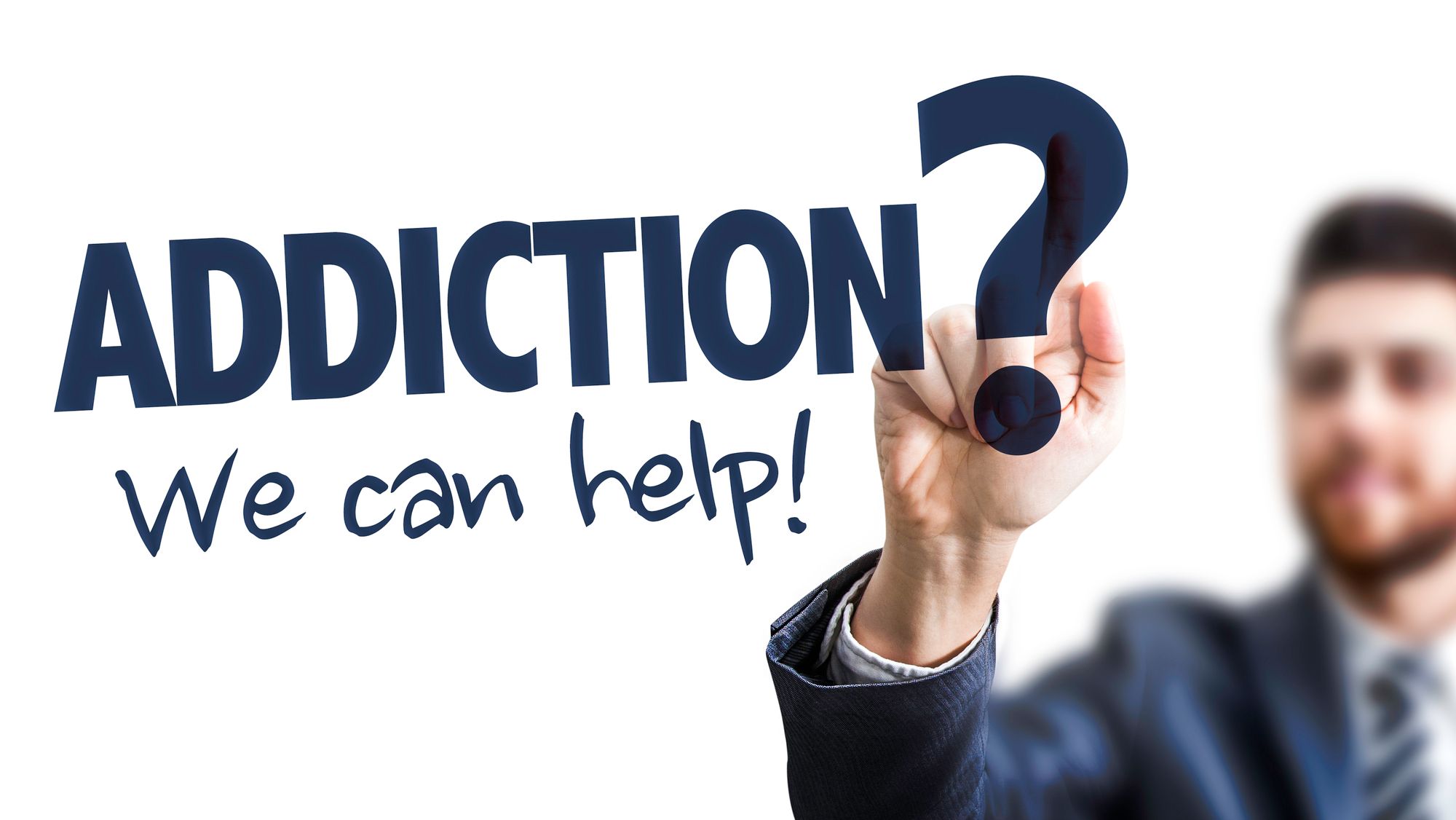Gambling Doesn’t just Affect the Gambler – Know the Signs
By Angela DiRosa
New Year’s Day symbolizes fresh starts and new beginnings. People use January as a benchmark to reprioritize their lives, and with the unique challenges that last year brought, many of us are looking ahead with even more fervor.
Something that 2020 brought clearly into focus is the importance of mental wellness. A variety of factors can impact mental health, including thoughts, emotions, and behaviors. Problems related to gambling can influence each of those components. If gambling has negatively affected you or someone close to you, know that you are not alone, and that there is support.
Nearly 668,000 New Yorkers have experienced a gambling problem in the past year. The effects can result in sleep issues, strain on relationships with loved ones, financial problems, and increased alcohol or drug use. People who struggle with problem gambling are also at a higher risk for other mental health problems. Two out of three individuals reported that their mental health suffered as a result of their gambling. Gambling disorder may also occur with other existing conditions like anxiety, depression, mood disorder, or personality disorder.
Emotional and psychological distress is not affected solely by the person who is gambling — gamblers’ behavior can affect as many as 10 other people close to them.
A study found that nine out of 10 people impacted by someone else’s gambling problems felt emotional distress. Between the people gambling and their close friends and family, nearly 6.7 million New Yorkers are affected by problem gambling, and often experience mental health issues because of it.
Fortunately, if you or someone you love has been exhibiting warning signs of a gambling problem, there is help. Signs include being absent from activities with friends or loved ones because of gambling; feeling stressed or anxious when not gambling; low work performance due to absence or preoccupation with gambling; and lying to family and friends about how much money and time is spent on gambling.
January is a great time to reach out for help from the Western Problem Gambling Resource Center (PGRC). PGRC helps anyone who wants to reprioritize their life and overcome their gambling problems. Private-practice counselors, behavioral health and treatment facilities, recovery groups, and other community services throughout Western New York make up a vast referral network. When people call 716-833-4274 or email WesternPGRC@nyproblemgambling.org they confidentially connect with a knowledgeable PGRC staff person who will listen to and connect them with the resources that best meet their needs. Whether you are ready to get help, or you are just curious about your options, call us today. We’re here to help.
Angela DiRosa is Program Manager for the Western NY Problem Gambling Resource Center.











